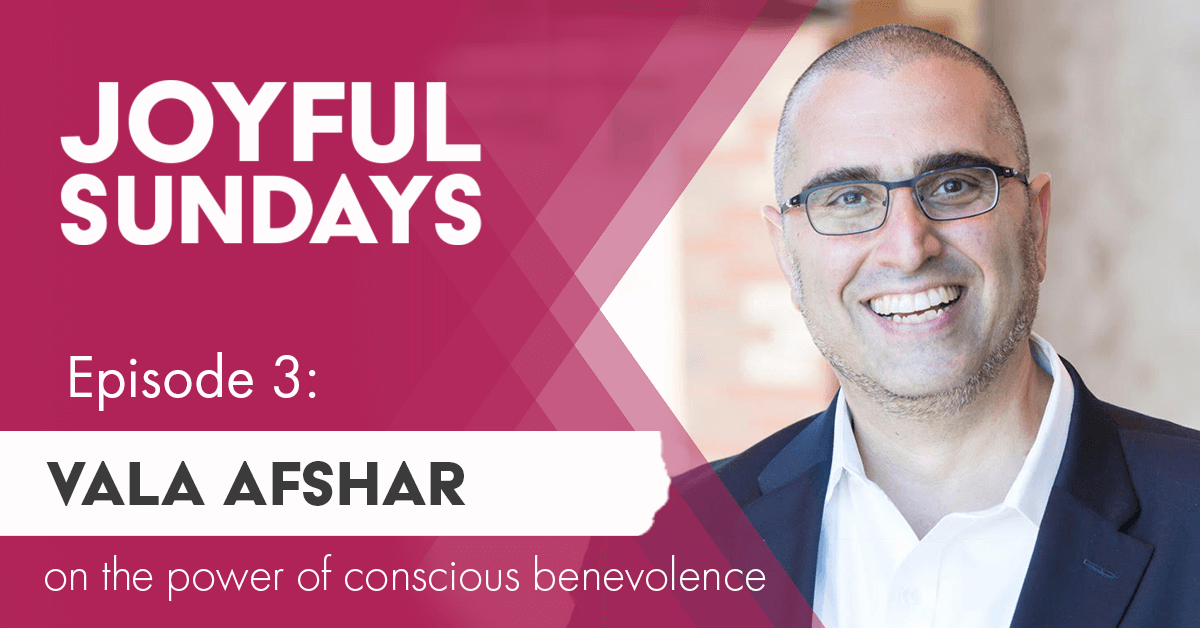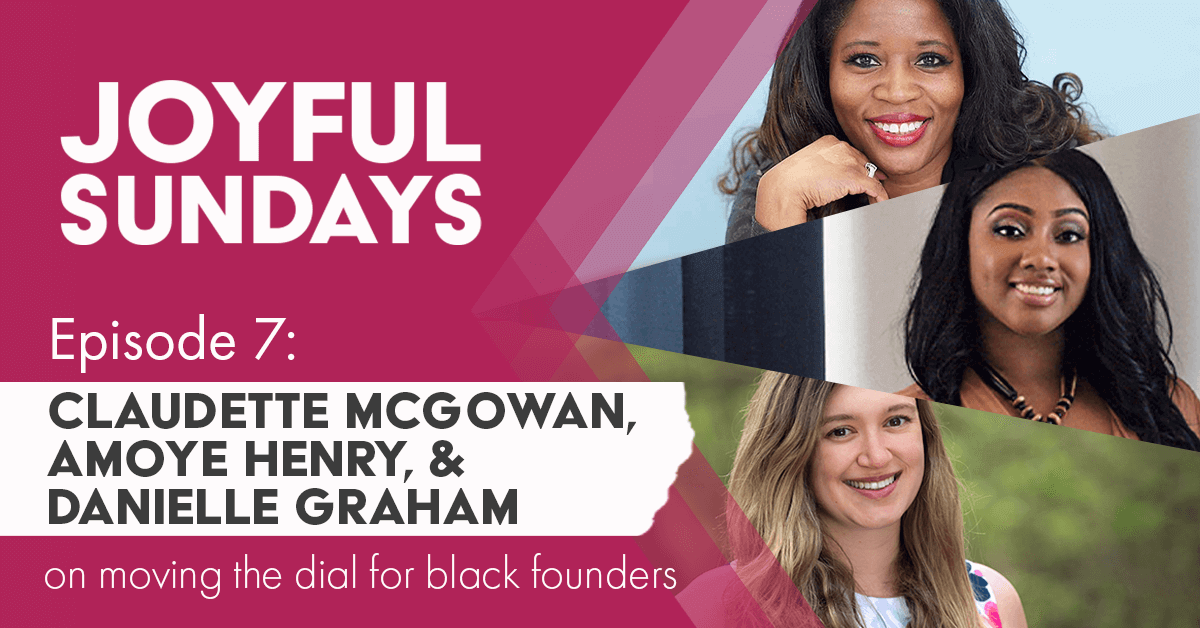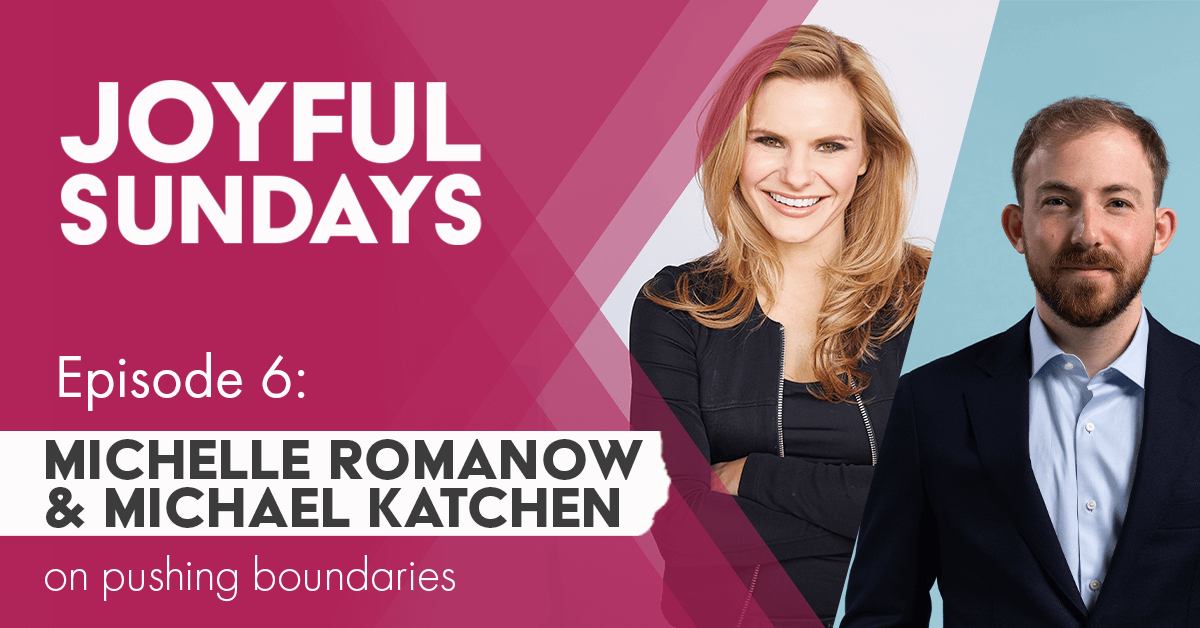Salesforce’s Vala Afshar on How to Build a Legacy
Vala Afshar didn’t write his first tweet until he was 41. Now he boasts nearly half a million followers. As Chief Digital Evangelist at Salesforce, the following is no doubt helpful for his professional success. However, he’s more interested in how his following helps him share knowledge, not acquire prestige for himself.
On the Joyful Sundays podcast, Vala talked with Jodi about the most important traits of a leader, the concept of work as an outcome (and what work isn’t), and building a legacy.
The traits of a leader
Before joining Salesforce, Vala was a customer. Working in Boston for a large company, he’d purchased Salesforce to help the organization build stronger relationships with its customers and its community members. The experience was so successful that he wrote a book about it: The Pursuit of Social Business Excellence. The book caught the attention of Salesforce, who eventually made him an offer to join the CRM giant.
His book is all about leading a business with a social mission, and he makes the bold declaration that if you aren’t a social business, you are already losing market share. He argues that caring about people is essential in business today (and perhaps always was, even if it was ignored).
Now, when Vala thinks of leadership, he thinks of trust expert Rachel Botsman. A fellow at University of Oxford’s Said Business School, Bostman’s research suggests leadership comes from trustworthiness, which is a combination of two things: competence and character. Your competence is made up of what you’re capable of doing and how reliable you are, while character is made up of integrity and benevolence.
Botsman’s four elements – capability, reliability, integrity, and benevolence – helped Vala design his three-level system for what he deems as the most critical traits of any leader:
- Trustworthiness
- Humility
- Being a continuous learner
“There are no experts of the future at this point – you have to be humble,” said Vala, adding that “wisdom is knowing that everyone you meet knows more about something than you do.”
Work as an outcome
When COVID-19 hit, Salesforce was able to move the entire company remote in a matter of days. Further, it continued paying in-person staff like cleaning staff for their now-empty offices. This move seemed like a massive feat for a company the size of Salesforce, even more impressive in comparison to smaller companies that took weeks to figure out their remote transition.
Vala credits the success of the remote transition to how Salesforce thinks about work. In particular, that work is about an outcome and serving customers and community.
“We’re realizing in 2020 that work is not a place – work is an outcome,” said Vala.
When Vala talked about how Salesforce was able to transition so quickly to remote work, he credited the company’s inversion of typical corporate priorities. Often, companies will prioritize their product and technology – after all, that’s what gets sold and keeps the company afloat. From there, the company will empower its people to get the job done with salaries, processes, perks, and work culture.
Citing Salesforce founder Marc Benioff’s vision for company building, Vala said Salesforce follows a different prioritization order:
- Culture
- People
- Process
- Tech
Putting tech last might seem counterintuitive for a tech company, but Vala said that prioritizing culture first is the key to enabling a workplace that focuses on output, not location. When you focus on tech first, you end up focused on where the tech gets made – an office. But when you focus on culture first, you can practice resiliency and more easily pivot while still getting work done, since that’s what the culture is built to do.
“Culture is what happens when the managers leave,” said Vala. “In the absence of authority, do you do the right thing, at the right time, for the right reasons?”
Leaving a legacy
One thing that COVID laid bare is how unequal society already was. Vala noted that while Black Americans make up only 13% of the US population, they account for 23% of reported COVID-related deaths. This is a massive discrepancy that all companies need to be conscious of, since many factors around these deaths have to do with systematic racism and socioeconomic oppression of Black people.
While companies alone cannot solve everything, a specific and conscious effort to hire and support Black employees and Black communities goes a long way – and it’s a company’s obligation to do this work, said Vala. It can’t just be lip service, though.
“You have to have an authentic approach,” said Vala. “Your thoughts, words, and actions have to be aligned. You can’t just think about it.”
The first step to addressing this challenge, said Vala, is breaking down the silo mindset within ourselves. This is also the first step to building a personal legacy.
Too often, he said, leaders think the way they grow in value and prestige is by accumulating and consuming knowledge. The more you knew, the more valuable you were. To some extent, this is true – you can’t be a successful leader without the perspective and specialized knowledge to get the job done.
What he realized in his journey, though, is that success is not about knowledge accumulation, but knowledge sharing. Leaders must break the mindset that they are a silo of knowledge and begin to think about themselves as a flow of knowledge. From there, there’s only one barometer that matters to building success and building a legacy: be helpful when you share knowledge.
“There’s no better time than now to put yourself out there and be useful,” said Vala. “If you do it well, you’ll be remembered.”






